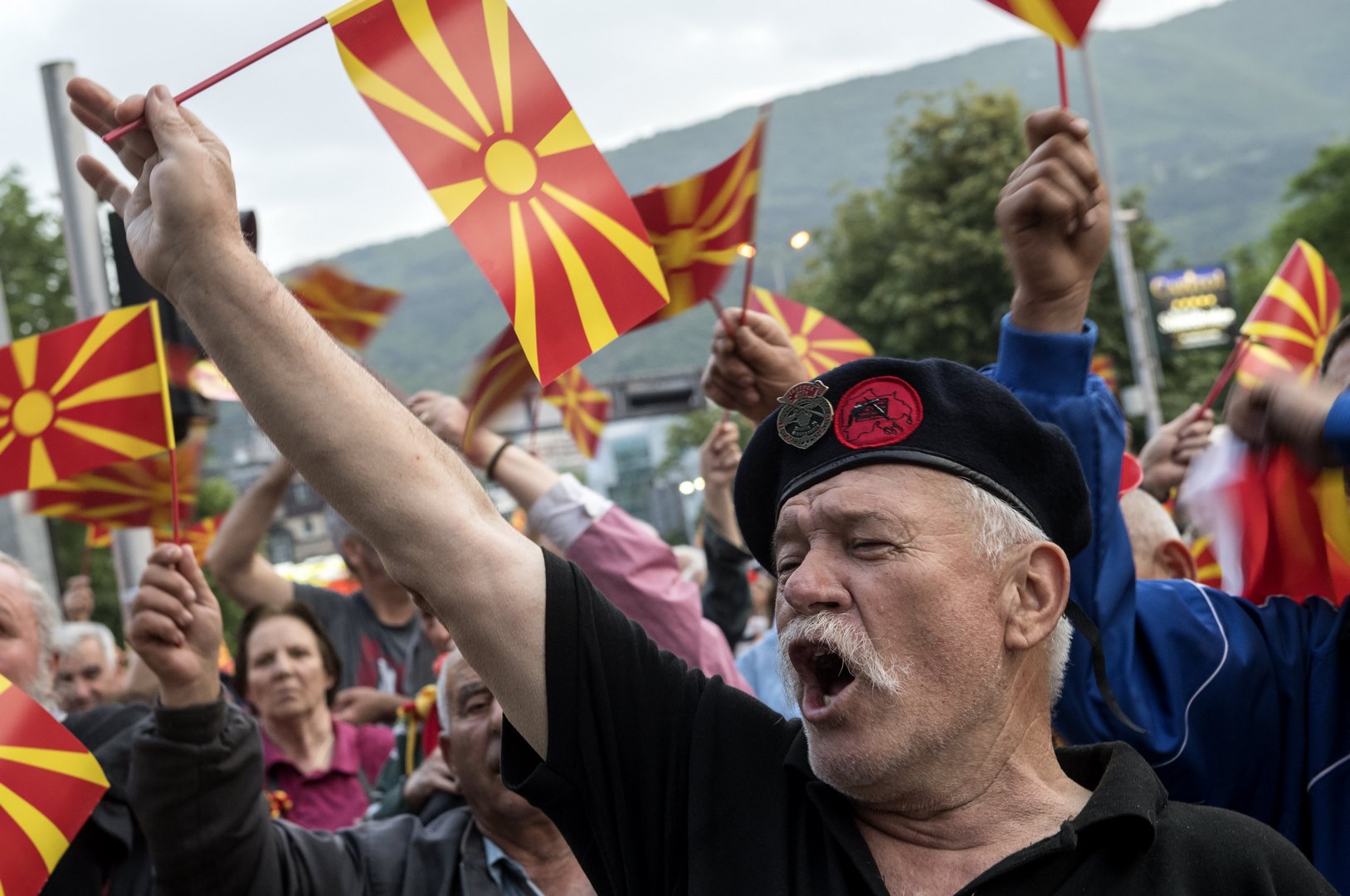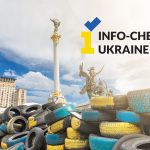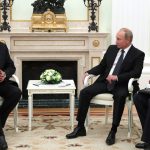RUSSIA MONITOR
Date: 8 June 2017
Setting Macedonia on Fire
In recent years, Russia has noticeably increased its activity in Western Balkans. Moscow attempts to undermine the EU and NATO aspirations of some former Yugoslavian countries. Towards this end, it uses its special services and is undertaking disinformation efforts. Leaked Macedonian counterintelligence documents show how effectively Russians have been destabilizing Macedonia for years. They follow a similar pattern also in other Balkan states.

Most probably, the new definitely pro-western government of Macedonia stands behind the leak incriminating Moscow and its supporters. After a very long-lasting political crisis, a center-left coalition was finally formed, with support of two Albanian parties. The prime minister, leader of social democrats Zoran Zaev, wants to bring Macedonia to the EU and NATO. He has been criticized by nationalists and by supporters of the VMRO-DPMNE party for the Albanian alliance (Albanians make up almost a quarter of the 2 million population of Macedonia). VMRO-DPMNE ruled the country between 2006 and 2016. Its leader, Nikola Gruevski was supported by Moscow, in particular recently. The emergence of mass phone-tapping by the government led to a wave of mass protests, going on for months. Gruevski gave in to pressure only at the end of last year. In the pre-term elections in December 2016, VMRO-DPMNE won but it lost the majority. When social democrats accepted the Albanian federalization postulates in exchange for their support, Macedonian president, favoring VMRO-DPMNE, blocked forming of the government. For several subsequent months, the country was in a deadlock. Anti-corruption demonstrations turned into street protests of ethnical nature. In April, nationalists broke into the parliament and beaten up social democrats. Two years of mediation with participation of Mogherini and Tusk failed. The breakthrough came only after a visit of the US high rank diplomat to Skopje. The traditionally high American impact on Albanians turned out to be crucial. Albanians gave up their postulates presented by the right wing as unconstitutional.
Soon after Zaev became the prime minister at the end of May, some secret information from Macedonian intelligence leaked to journalists. It was revealed that Russian intelligence and diplomacy had for years been seeking to destabilize Macedonia and block western influence in the country. A report prepared for Vladimir Atanosovky, the chief of Macedonian administration for security and counterintelligence, describes how Macedonia “has been undergoing strong subversive propaganda and intelligence activity”, directed from Russia’s embassy. The operation began in 2008, when Greece blocked Macedonian attempts to join NATO due to the dispute over the latter’s name. According to the report, three SVR (Russian civil intelligence) agents are based in Skopje, overseen by SVR’s intelligence residents in Belgrade. Moreover, four GRU agents are said to reside in the embassy in Skopje, whose activity is coordinated by a military intelligence base in Sofia. Also journalists from the TASS news agency and from the Rossotrudnichestvo organization collaborate with special services. Moscow has always strongly emphasized the “Slavic fraternity” between Russian and Macedonian peoples as well as their shared religious faith (Orthodox Christianity). Russian consulates were involved in intelligence operations, carried out under the guise of cultural activity. Russians also offered cash to Macedonian journalists for spreading disinformation. Russians are supported by Serbian intelligence BIA. Belgrade supports Macedonian nationalists who are pro-Russian and anti-Western. It also uses the activists of Serbian community.
Russia’s activity towards Macedonia described in the report very much resembles its activity towards Montenegro. Moscow did not manage to prevent Montenegro from joining NATO. However, for a long time, it did manage to destabilize Macedonia. At the moment, the chances of Macedonia establishing closer ties with NATO have increased, but it should be expected that Moscow and Macedonian nationalists would play the Albanian card, accusing the incumbent government of betraying national interests.
All texts published by the Warsaw Institute Foundation may be disseminated on the condition that their origin is credited. Images may not be used without permission.










